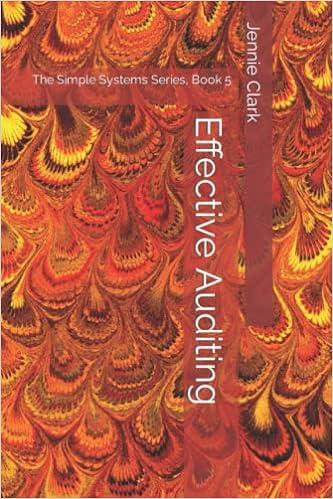The following comparative income statement (in thousands of dollars) for two recent fiscal years was adapted from the annual report of Speedway Motorsports, Inc. (TRK). owner and operator of several major motor speedways, such as the Atlanta, Texas, and Las Vegas Motor Speedways. Current Year Previous Year Revenues: Admissions Event-related revenue NASCAR broadcasting revenue Other operating revenue Total revenues Expenses and other: $90,639 136,900 224,227 60,390 $512,156 $100,694 146,980 217,469 31,320 $496,463 Direct expense of events NASCAR event management fees Other direct expenses General and administrative $(102,786) (137,727) (43,784) (166,663) $(450,960) $61,196 $(104,303) (133,682) (19,541) (285,166) $(542,692) $(46,229) Total expenses and other Income from continuing operations a. Prepare a comparative income statement for these two years in vertical form, stating each item as a percent of revenues. (Note: Due to rounding, amounts may not total 100%). Round your percentages to one decimal place. Speedway Motorsports, Inc. Comparative Income Statement in thousands of dollars) Speedway Motorsports, Inc. Comparative Income Statement (in thousands of dollars) For the Years Ended December 31 Current Year Current Year Prior Year Prior Year Amount Percent Amount Percent Revenues: Admissions $90,639 $100,694 Event-related revenue 136,900 146,980 NASCAR broadcasting revenue 224,227 217,469 Other operating revenue 60,390 31,320 $512,156 $496,463 Total revenues Expenses and other: Direct expense of events NASCAR event management fees $(102,786) (137,727) (43,784) (166,663) Other direct expenses $(104,303) (133,682) (19,541) (285,166) $(542,692) $(46,229) General and administrative Total expenses and other $(450,960) Income from continuing operations $61,196 b. Which of the following statements are correct? 1. Overall revenue increased between the two years, with changes in the mix of revenue sources. The NASCA decreased as a percentage of total revenue. 2. One of the major expense categories, NASCAR event management fees, remained stable. 3. The Direct expense of events increased, while other direct expenses remained stable








